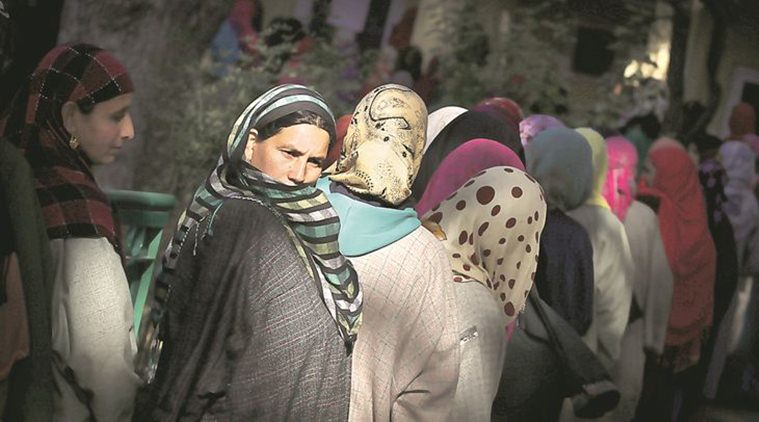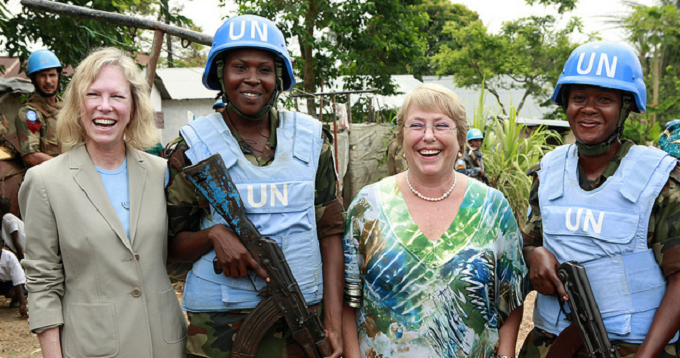


The more women are engaged in peacemaking and peace building as planners, implementers and beneficiaries, the more deadly conflict we will prevent and resolve. But equally important, the involvement of women in these processes is simply good policy. My interest has been partly motivated by questions of justice and fairness – a rights-based approach that addresses past grievances against women, who are the main victims of conflict. State Department, the White House and Congress, and now as deputy president of Crisis Group, I have focused many of my efforts on these issues. In three decades of public service in the U.S. I would like to begin by discussing the dual goals of protecting women during periods of conflict and supporting their full participation in the process of peace negotiations and post-conflict reconstruction. Other topics in this series will include transitional justice and reconciliation, security sector reform, the concept of responsibility to protect, the use of sanctions and incentives, and the negotiation of power sharing arrangements. These lectures will draw on a decade and a half of Crisis Group’s experience in some 60 countries facing conflict, and span geographical and historical boundaries to present lessons and recommendations for practitioners and policymakers alike. It is a great honor to be here today to present the first in a series of lectures on thematic issues in conflict resolution by senior officials of the International Crisis Group.


 0 kommentar(er)
0 kommentar(er)
